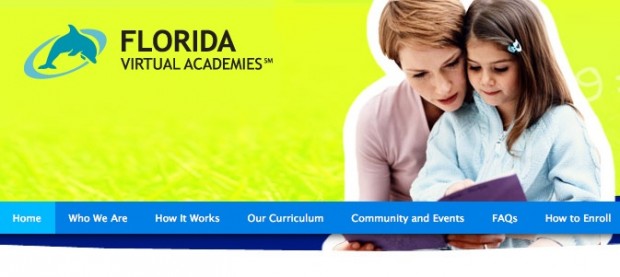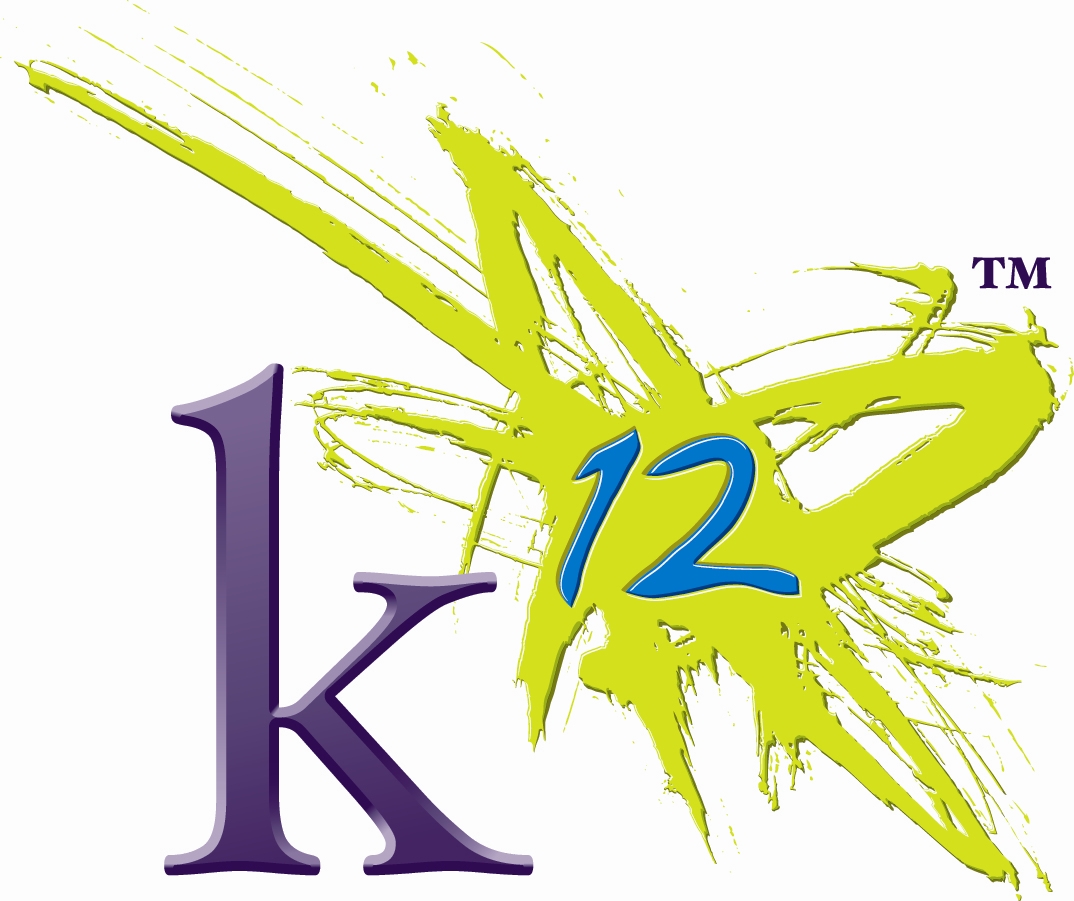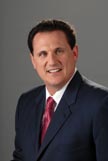Florida Districts Fight K12’s Plan For Virtual Charter Schools: More Flexibility Or Less Oversight?

K12
A screenshot of the Florida Virtual Academy website. The schools are affiliated with K12, Inc. the Florida Department of Education is investigating whether the company used improperly certified teachers in Seminole County.
Editor’s note: Trevor Aaronson is a reporter with the Florida Center for Investigative Reporting.
Thousands of Florida students already are taking classes from Virginia-based K12, Inc, the nation’s largest online education company.
Students in traditional schools, in charter schools and who are homeschooled can already take K12 classes in 42 county school districts.
Now, the company is trying to set up charter schools across the state. But these aren’t your traditional charter schools — they’re online schools where students never set foot in a building.
School officials across Florida are asking, “Why?”
“I’m not sure what need it would fill,” said Judi Zanetti, chairwoman of the Marion County School board.
K12 says online charters are just one more way to customize education for students. The schools allow students to learn at their own pace and take classes on their schedule.
But school district officials and researchers worry the K12 may be trying to avoid scrutiny from local educators.
The importance of that oversight was highlighted by a Seminole County review of K12’s teachers.
The district found emails from K12 employees which suggested the company was using teachers who were not properly certified and asking teachers to help cover it up.
The Florida Department of Education is now investigating K12.
Meanwhile, several county school districts have rejected K12’s charter school applications. Some have taken the company to court to keep the schools from opening.
Innovative Education Solutions
The online charter school network, called the Florida Virtual Academy, has applied to open in at least nine Florida school districts. Florida Virtual Academy at Osceola County opened earlier this year, the first school in the network to do so.
K12 spokesman Jeff Kwitowski said students and parents are seeking schools that work best for them.
“Our mission is to provide innovative education solutions for all public schools, and give families more options,” Kwitowski said in an email. “We have strong relationships with our public school partners around the country and (are) proud to serve them.”
School districts have little say over charter schools once approved, and can only step in to close a school for poor performance, financial troubles or for a violation of the school’s charter.
Florida school districts have repeatedly rejected Florida Virtual Academy applications. They cite outdated curriculum which doesn’t meet new national standards and budgets which don’t include plans to provide computers and Internet access to enough low-income students.
But in at least six cases, the Florida Board of Education has overruled districts and said the K12 charter school should be approved.
Duval, Orange, Seminole and Volusia schools have gone to court to prevent the online charter schools from opening. Palm Beach and Broward counties are going along with the state Board’s decision.
Two Districts, Two Decisions

The Marion County School Board
The Marion County school board rejected a Florida Virtual Academy application last week. Chairman Judi Zanetti is on the left.
Pasco and Marion county school boards debated Florida Virtual Academy applications last week and reached different conclusions.
Marion County’s school board unanimously voted to reject the application, citing concerns about the state investigation of K12.
School board chairman Judi Zanetti said Marion County school already offer three online options, including one provided by K12. State law requires school districts to provide online courses, either their own program or one run by a contractor such as K12.
“Our students are offered several opportunities to participate in virtual school or online learning if that is their choice,” she said. “I’m not sure what new things this particular charter school would be bringing to us at this time.”
But Pasco County school officials saw things differently.
In a review of Florida Virtual Academy’s application, Pasco County schools charter school supervisor Nancy Scowcroft questioned K12’s ties to the nonprofit board overseeing the school.
“There is no clear and convincing evidence that the governing body will have financial authority over the school or be independent from the (education service provider K12),” Scowcroft wrote. “There is no clear and convincing evidence of an arm’s length relationship between the governing board and the ESP.”
Despite those and other concerns, Scowcroft concluded the district had no grounds to reject the application under state law. The board is scheduled to vote on the application next month.
Columbia University professor Luis Huerta said the connections between for-profit education firms and the nonprofit boards overseeing charter schools are a problem around the country.
For example, a school’s founder can also be its landlord and food service provider. The board approving those contracts may be comprised of family or business associates.
“It’s almost a front, if you will, that’s set up,” Huerta said. “Whether there is anything illegal about this is not clear.
“In the interim, we see these enormous accountability abysses.”
Is This Necessary?
There are also unanswered questions about how K12 operates.
And although there’s no state or national standard for online school class sizes, that ratio is nearly twice as high as Florida’s other large online educator: the state-run Florida Virtual School.
And K12 continues to expand its operation in Florida.
A K12 Palm Beach charter school is scheduled to open next year. McGuire said the company won’t tell the district when they plan to open a Broward County school.
After the State Board of Education overruled Seminole County schools’ rejection of a Florida Virtual Academy application, the school district went to court to prevent the online charter school from opening.
While the case is tied up in court, K12’s Florida Virtual Academy filed another application in Seminole County.
Now school district officials must decide if they want to face being overruled by the state again, or reversing their previous decision.
“These people don’t just want to compete with us,” school board member Diane Bauer told The Orlando Sentinel. “They want to replace the program we have.”
Broward Virtual School principal Chris McGuire said that K12 has proven they can get results with students.
“They’ve been responsible partners for us,” McGuire said, of K12 programs overseen by the state and local school district. “They had great student achievement results…they had plenty of data for us to look at.”
But even still, McGuire questions the need for so many K12-run schools.
“If districts are required to run a virtual charter program, why is a full-time charter school program necessary?” McGuire asked.
K12’s Kwitowski said the answer is customization. More than 2,000 public schools use K12 courses and academic programs.
“In many cases, there are multiple school districts and public charter schools in the same state that use K12 for their online and blended schools,” Kwitowski wrote. “With K12, each school and district can customize their own school program, providing more opportunities for students and more choices for parents.”
StateImpact Florida is an educating reporting project of NPR, WUSF in Tampa and WLRN in Miami. For more information, visit http://stateimpact.npr.org. The Florida Center for Investigative Reporting is a nonprofit news organization supported by foundations and individual contributions. For more information, visit fcir.org.



